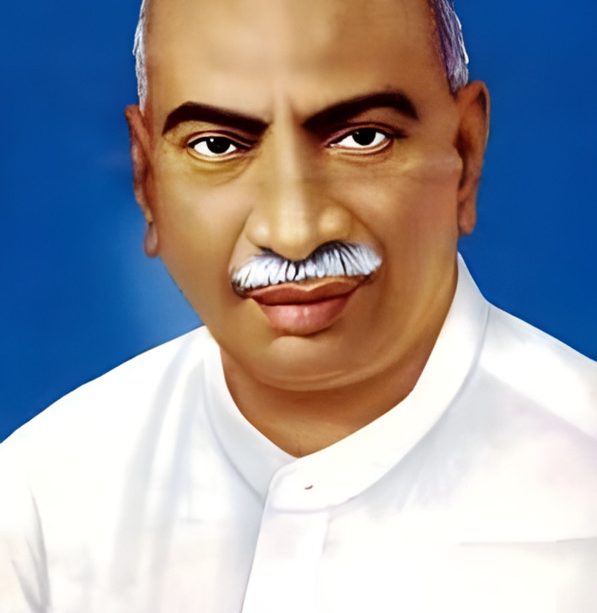Exploring the Legacy of Kamarajar in Tamil Nadu Politics

Introduction
Kamarajar, also known as ‘kingmaker’ and ‘Kamarajar the Great’, served as the Chief Minister of Tamil Nadu during a pivotal time in the state’s history from 1954 to 1963. His governance was marked by significant educational reforms and rural development programs that transformed Tamil Nadu into a pioneer of progressive policies in India. Understanding his contributions is crucial for grasping the socio-political landscape of the state and the impact on current policies.
Early Life and Political Rise
Born on July 15, 1903, in Virudhunagar, Kamarajar came from humble beginnings. He demonstrated leadership qualities early in life, joining the Indian Independence Movement at a young age. His commitment to the Congress party led him to become a member of the state legislature, and he quickly climbed the ranks to become the Chief Minister. His leadership style emphasized simplicity and dedication to public service.
Key Contributions
During Kamarajar’s tenure as Chief Minister, he introduced several groundbreaking reforms aimed at improving education and poverty alleviation. One of his notable initiatives was the ‘Free School Midday Meal Scheme,’ which aimed to reduce school dropout rates among underprivileged children. This scheme not only provided nourishment but also incentivized education, significantly boosting enrollment figures.
Moreover, he was instrumental in building numerous schools and colleges across Tamil Nadu. His push for education laid the foundation for a literate populace, contributing to the region’s economic development. Kamarajar also focused on infrastructure projects, improving accessibility to rural areas through better roads and irrigation facilities.
Legacy and Influence
Kamarajar’s reign marked a significant shift in Tamil Nadu’s politics, steering the state towards a social democracy model. His philosophy of governance emphasized accountability, empowering grassroots participation in politics, and focusing on the welfare of the marginalized. Kamarajar’s model has influenced subsequent political leaders and continues to inspire reforms in education and social welfare today.
Conclusion
In conclusion, Kamarajar’s legacy is a testament to the profound impact of visionary leadership rooted in the ideals of education and social upliftment. As Tamil Nadu navigates contemporary challenges, revisiting Kamarajar’s policies and principles can offer essential insights for current and future leaders. His life exemplifies how dedicated public service can enact transformative change for society.









